 THE ROUTLEDGE ATLAS OF CLASSICAL HISTORY OTHER ATLASES IN THIS SERIES Atlas of American History Atlas of the Arab-Israeli Conflict Atlas of British History Atlas of the First World War Atlas of the Holocaust Atlas of Jewish History Atlas of Russian History THE ROUTLEDGE ATLAS OF CLASSICAL HISTORY Fifth edition Michael Grant
THE ROUTLEDGE ATLAS OF CLASSICAL HISTORY OTHER ATLASES IN THIS SERIES Atlas of American History Atlas of the Arab-Israeli Conflict Atlas of British History Atlas of the First World War Atlas of the Holocaust Atlas of Jewish History Atlas of Russian History THE ROUTLEDGE ATLAS OF CLASSICAL HISTORY Fifth edition Michael Grant  First published as The Dent Atlas of Classical History 1971 by J M Dent Fifth Edition published 1994 by Routledge 2 Park Square, Milton Park, Abingdon, Oxon OX14 4RN
First published as The Dent Atlas of Classical History 1971 by J M Dent Fifth Edition published 1994 by Routledge 2 Park Square, Milton Park, Abingdon, Oxon OX14 4RN
711 Third Avenue, New York, NY 10017 Routledge is an imprint of the Taylor & Francis Group, an informa business 1971, 1974, 1986, 1989, 1994 Michael Grant Publications Ltd All rights reserved. No part of this publication may be reprinted or reproduced or utilized in any form or by any electronic, mechanical or other means, now known or hereafter invented, including photocopying and recording, or in any information storage or retrieval system, without permission in writing from the publishers. British Library Cataloguing in Publication Data A catalogue record for this book is available from the British Library. ISBN 0415119340 (hbk)
ISBN 0415119359 (pbk) Contents This is an atlas of the classical world the ancient Greek and Roman world, which needs to be understood if we are to understand the world of today. To say that such an atlas could ever be a substitute for a historical survey would be an exaggeration. Nevertheless, geography is such a vital, indeed predominant, factor in ancient history and such a difficult factor because of all the changes of names that the whole course of events often seems to mean practically nothing without maps, and without a lot of them, carefully devised.
Older classical atlases, apart from a varying degree of emphasis on physical aspects, tended to concentrate on political themes, and it is true enough that these stand in great need of maps. But the present volume attempts to cast the net wider, and to introduce economic, cultural, religious and other topics as well. There are also a number of town plans. Modern research in archaeology and other fields has shown that the classical world cannot be grasped without some appreciation of what went before it. I have consequently started this book with a number of maps illustrating the Mediterranean world during the second millennium BC, and particularly during the period from 1700 BC onwards, when the international scene had already assumed a well-defined and complex appearance; and the story is carried onwards to offer brief illustrations of the Old Testament. At the other end of the story, the traditional terminal date of the ancient world, the year AD 476 when the last western emperor ceased to reign, is again not a very meaningful landmark, so I have carried on the tale until the reign of Justinian in the following century.
It will clear enough what a very great deal is owed to the talent of Arthur Banks for transcribing the written and spoken world into cartographic form. I am also most grateful to Julian Shuckburgh and Benjamin Buchan for all the assistance they rendered on behalf of the publishers, and I want to thank Jane Dorner for assistance with the index and C. R. B. Elliott for help with an earlier revised edition. Finally, I have to acknowledge a substantial debt to existing classical atlases, German and English.
And I must single out, for a special word of gratitude, the Atlas of the Classical World edited by A. A. M. van der Heyden and H. H. N. G. L. L.
Hammonds Atlas of the Greek and Roman World in Antiquity (Noyes Press, Park Ridge) is now fundamental; so is Routledges new classical atlas. For this fifth edition I have added new maps on the changing frontier of the Roman Empire (). 1994 MICHAEL GRANT Note Modern names are given after the ancient in the Index. 
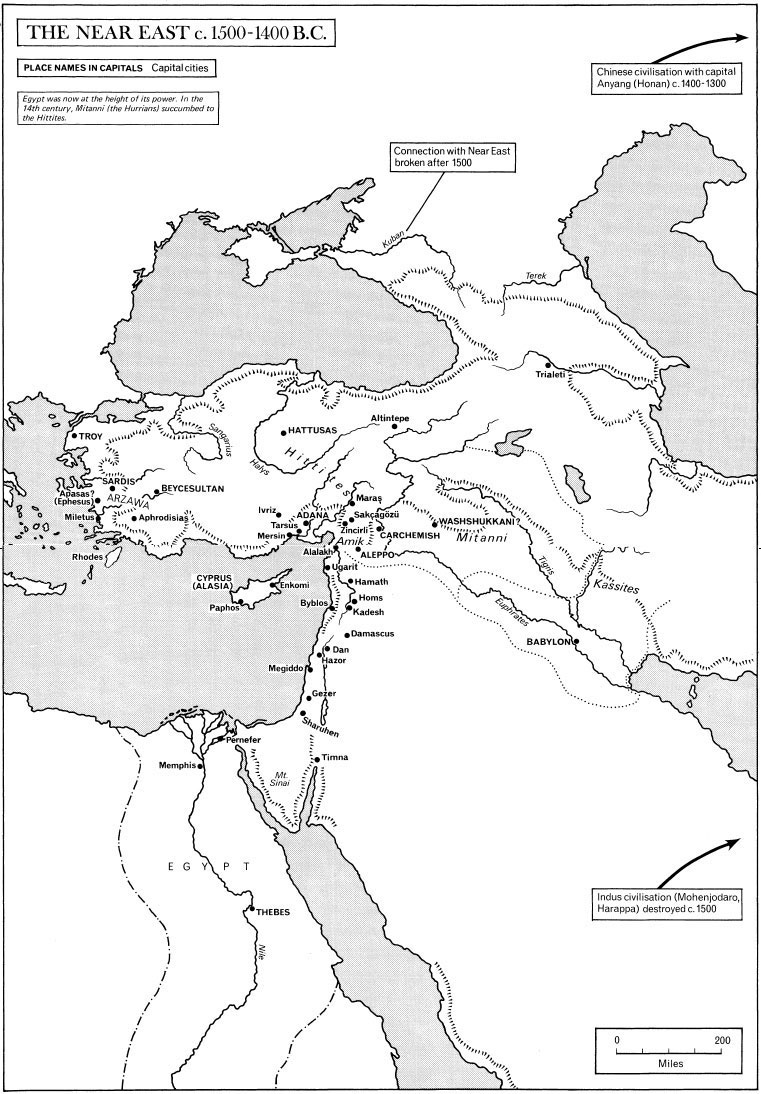
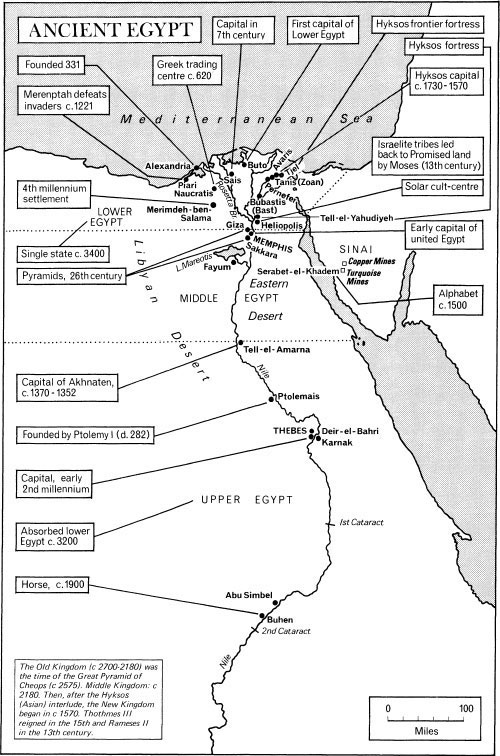
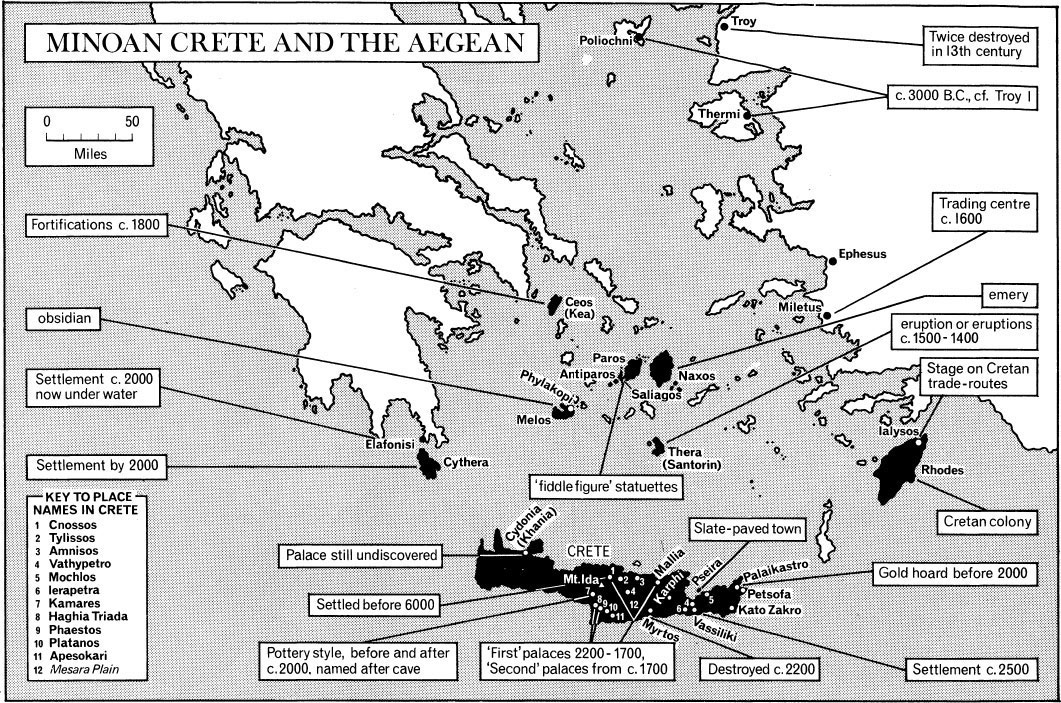

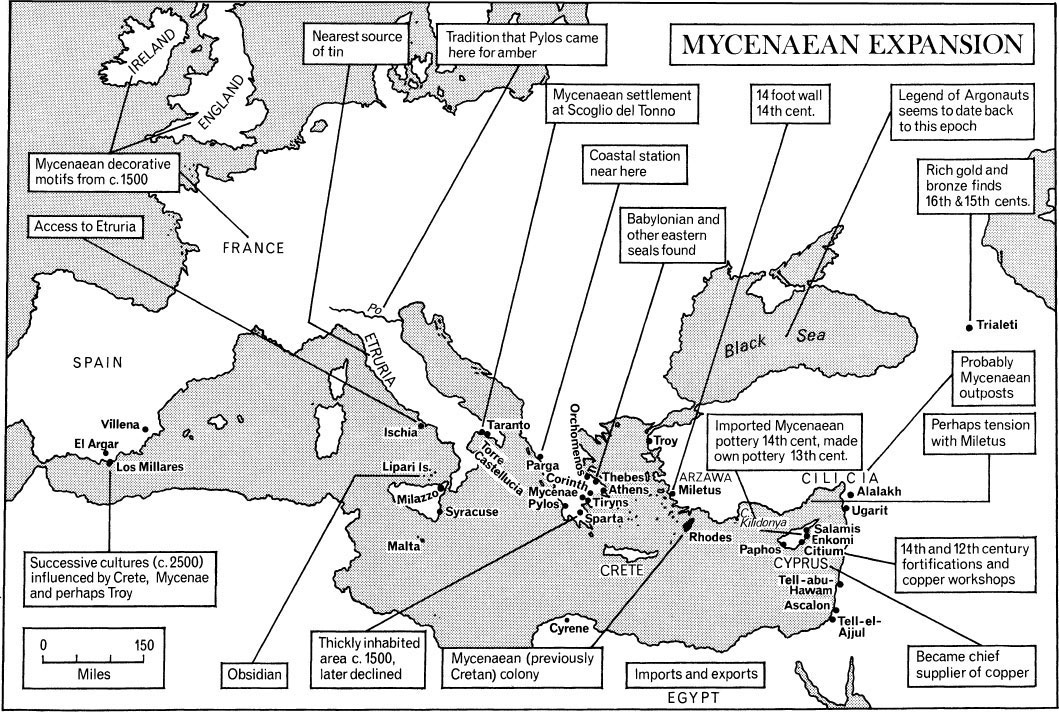
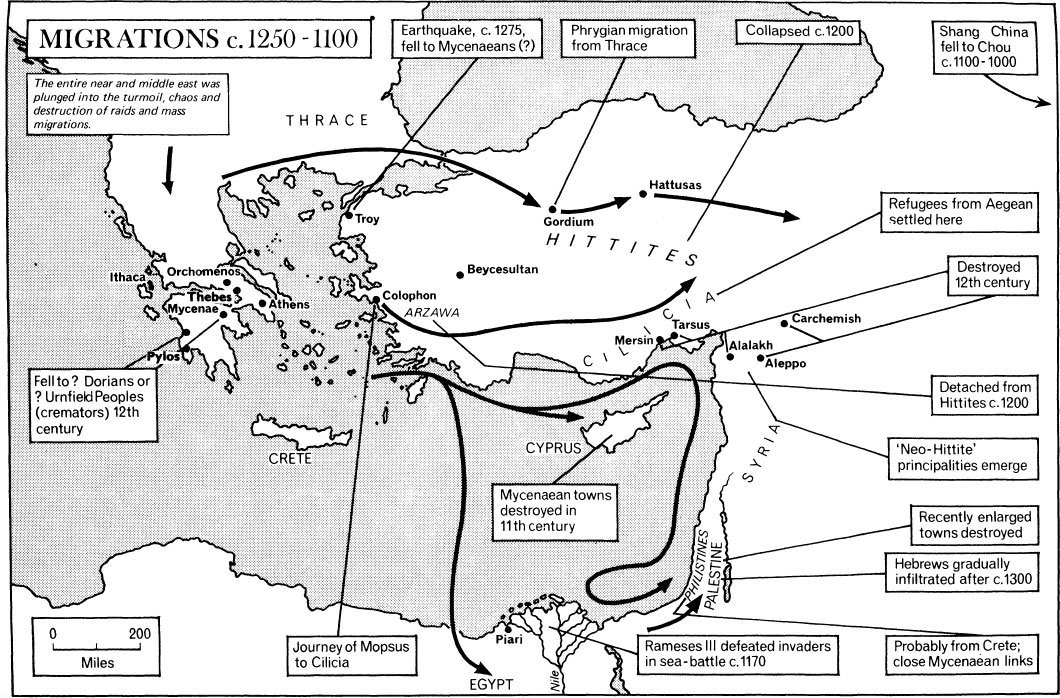
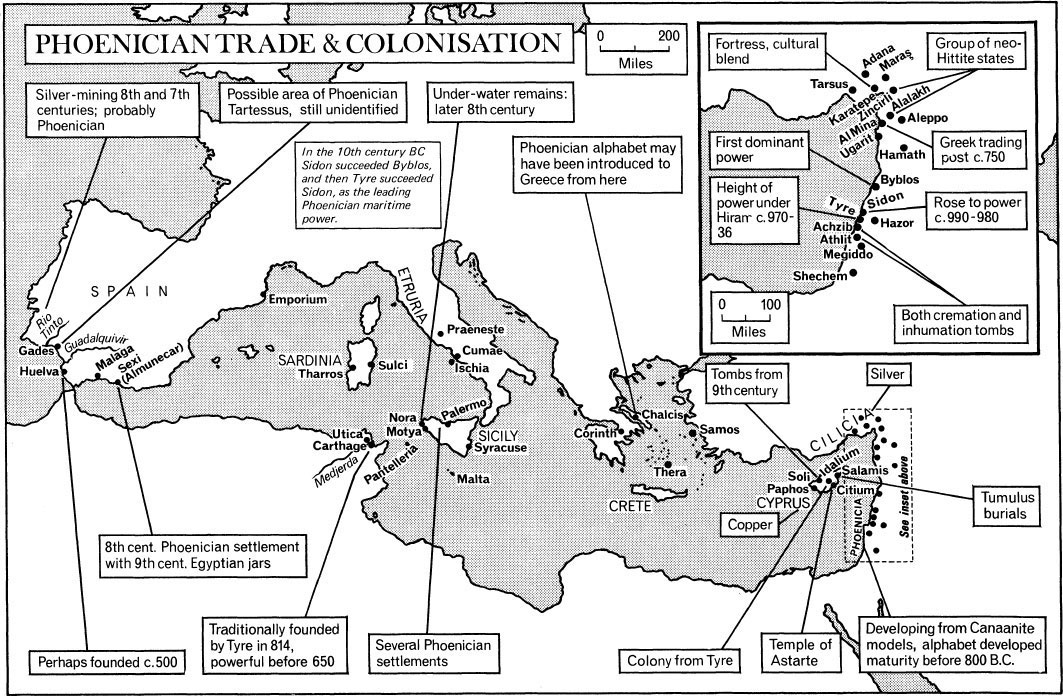
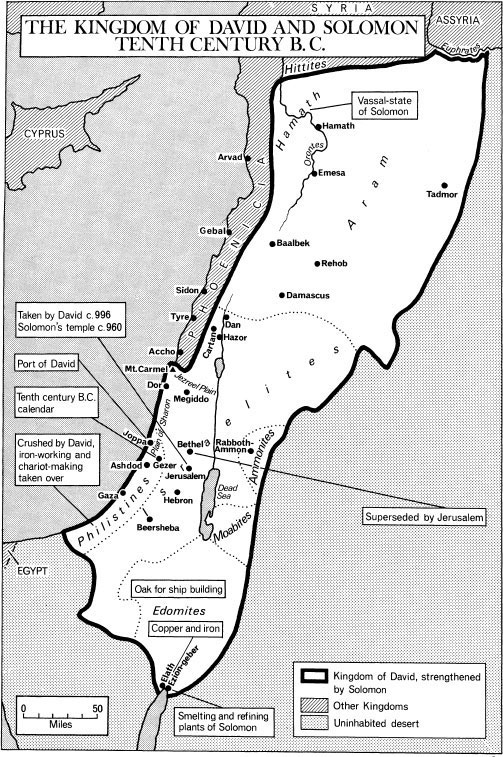
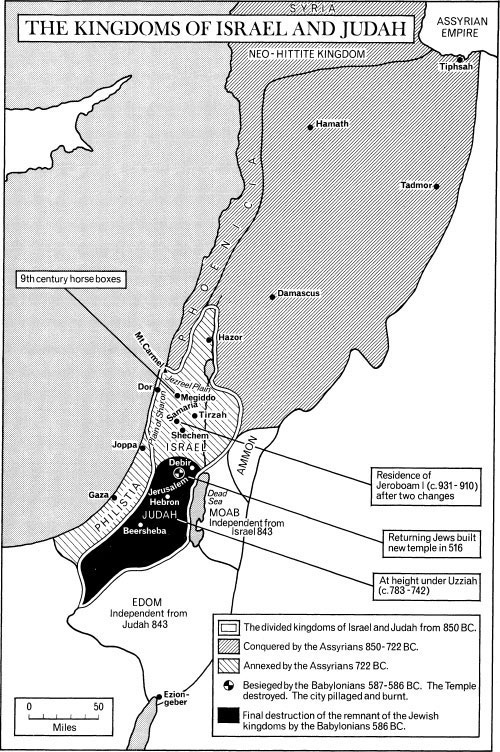
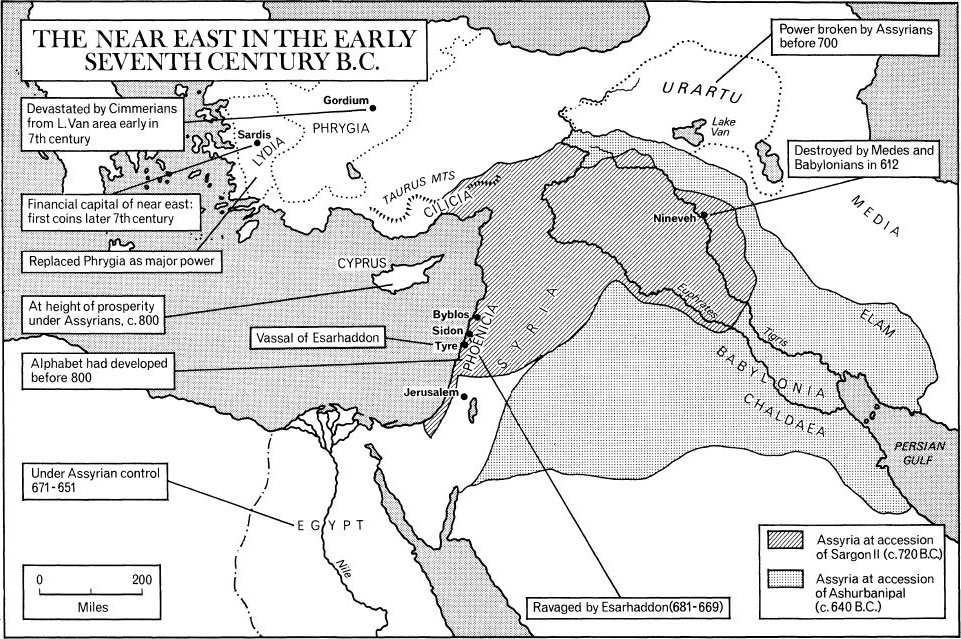
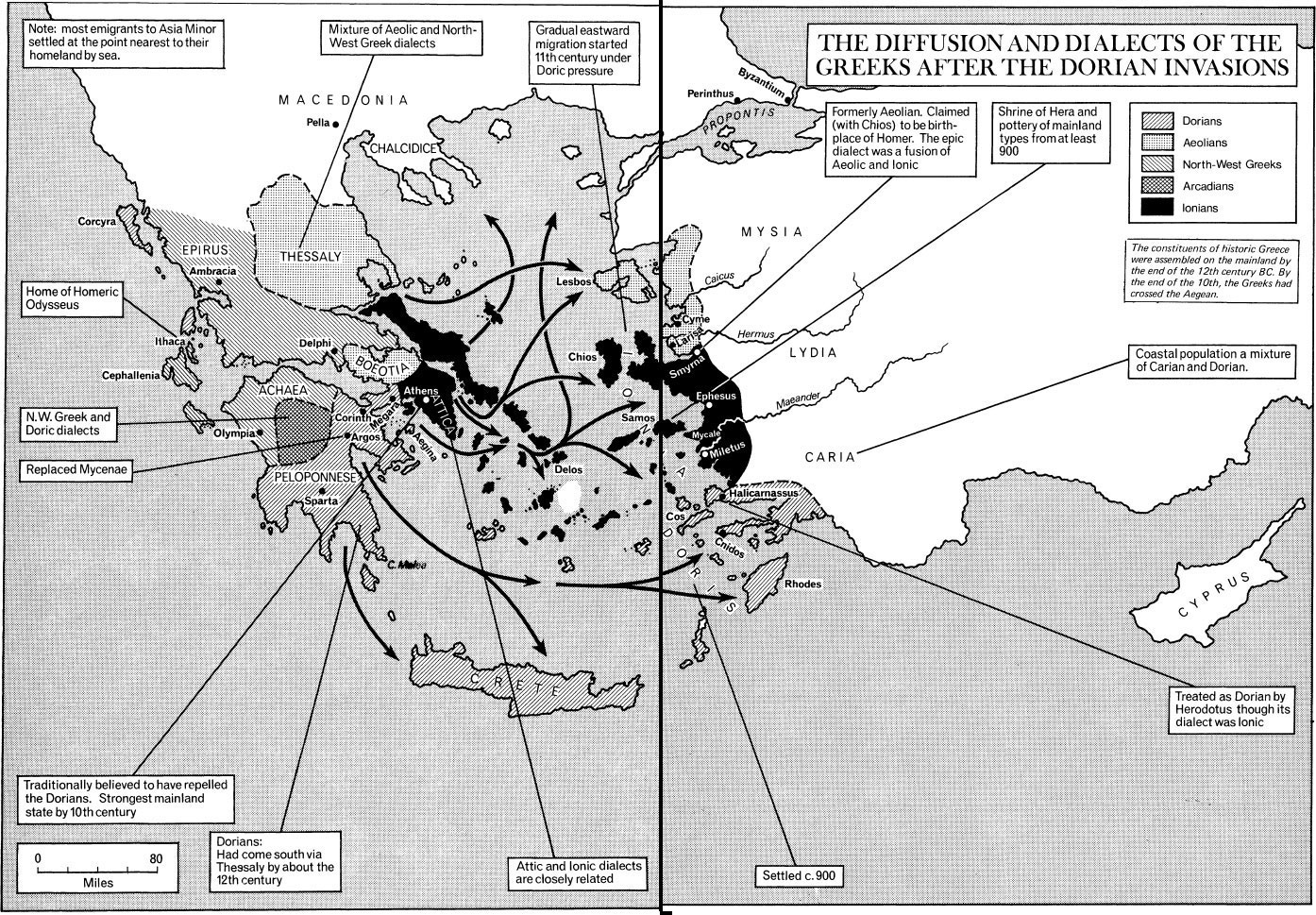
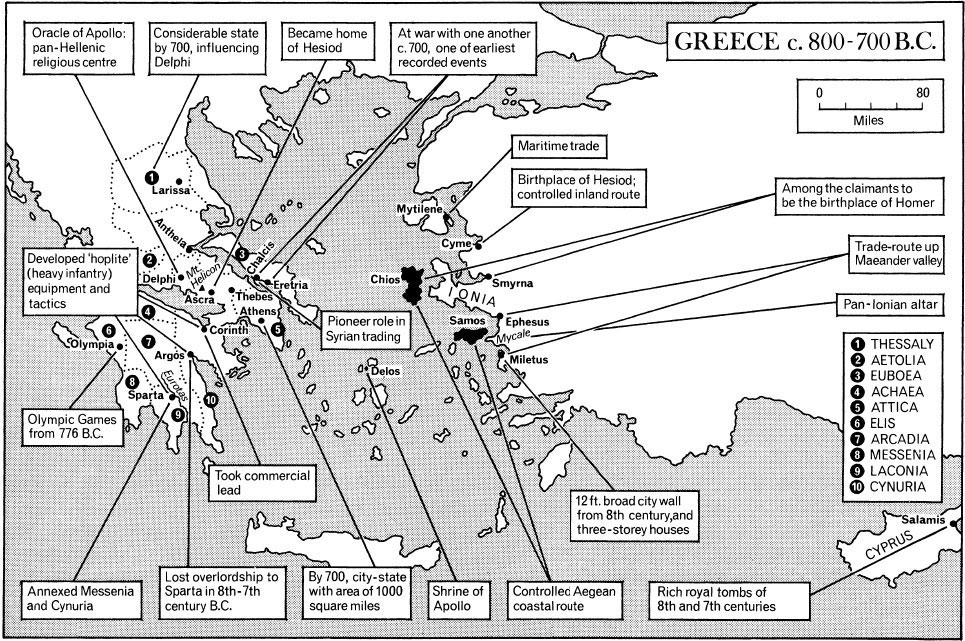
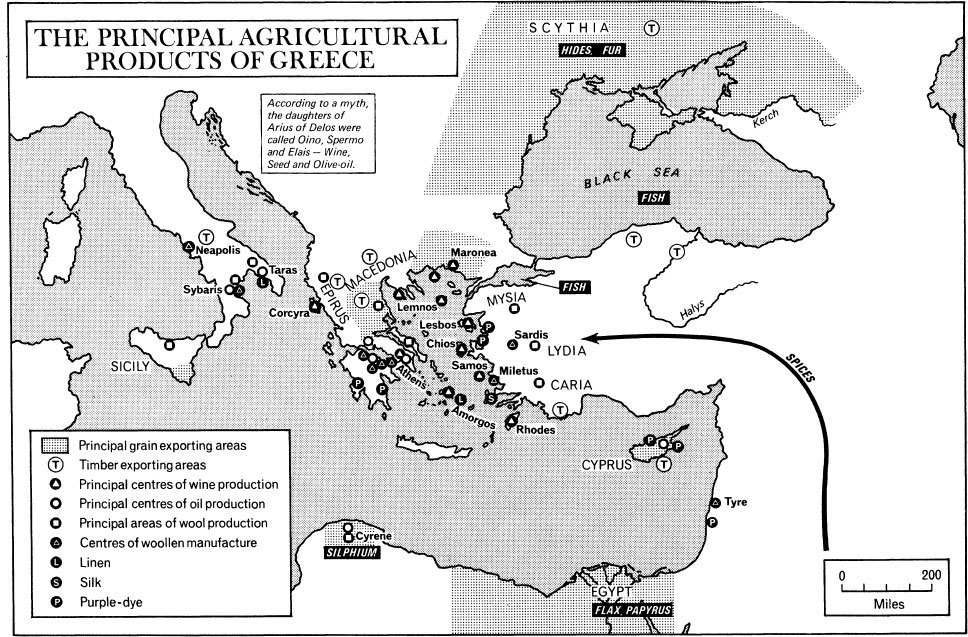
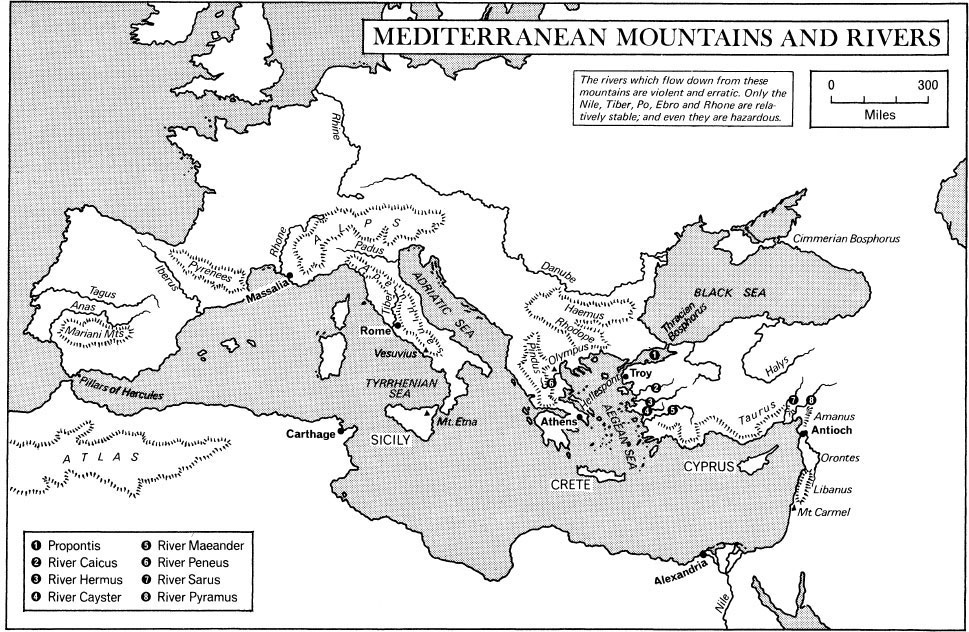
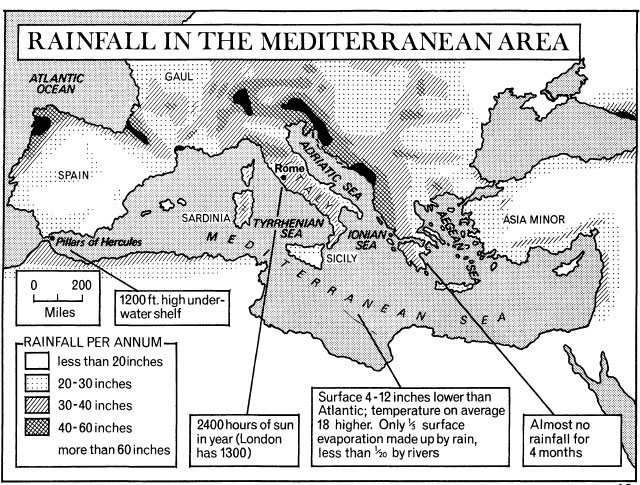
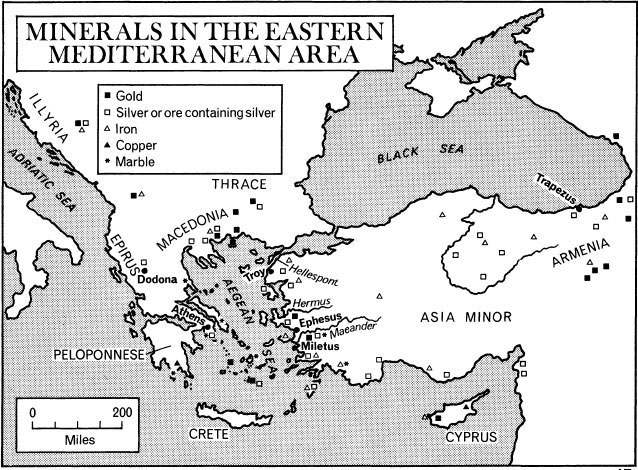
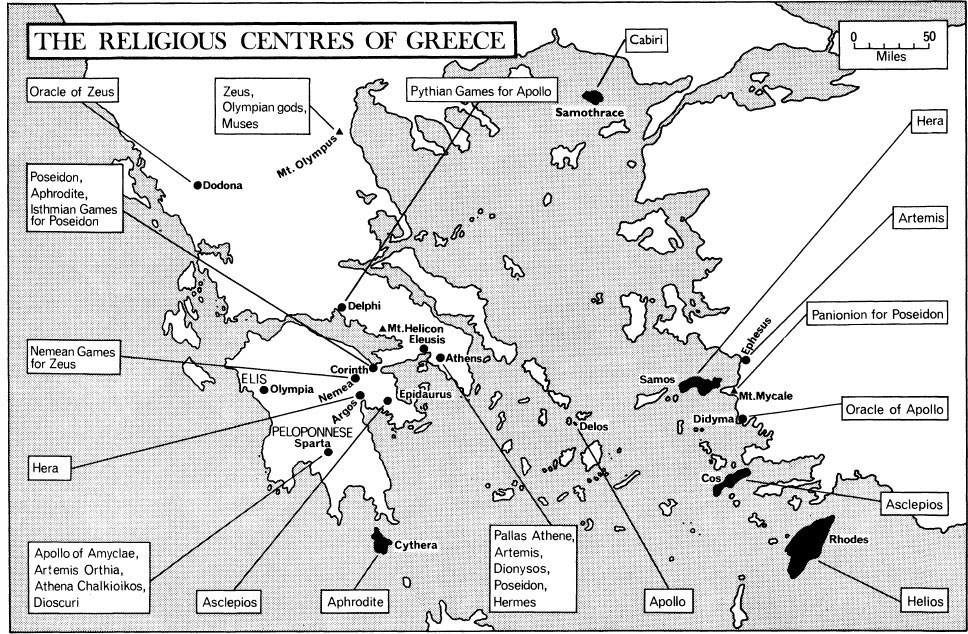
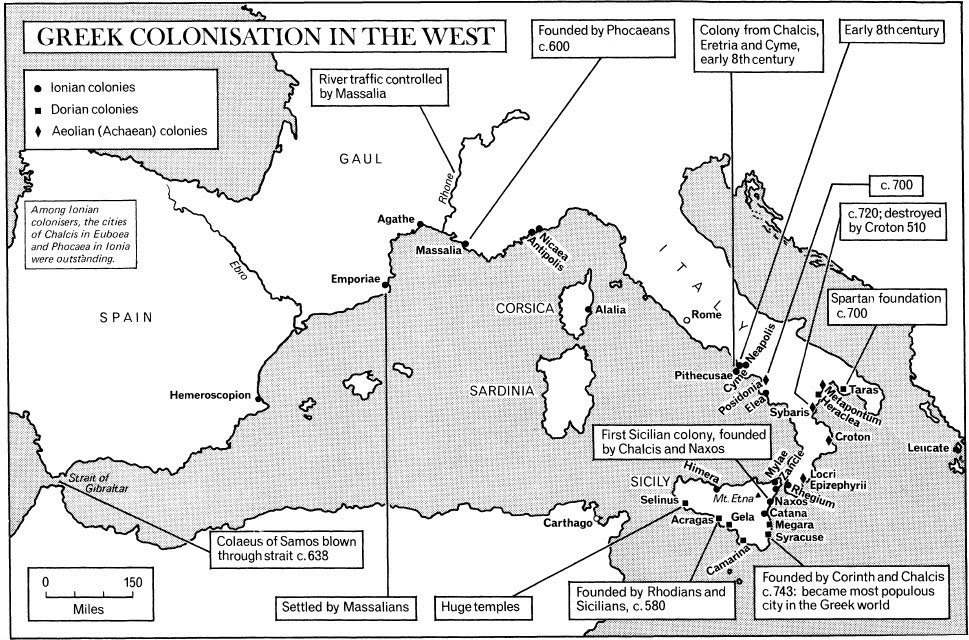
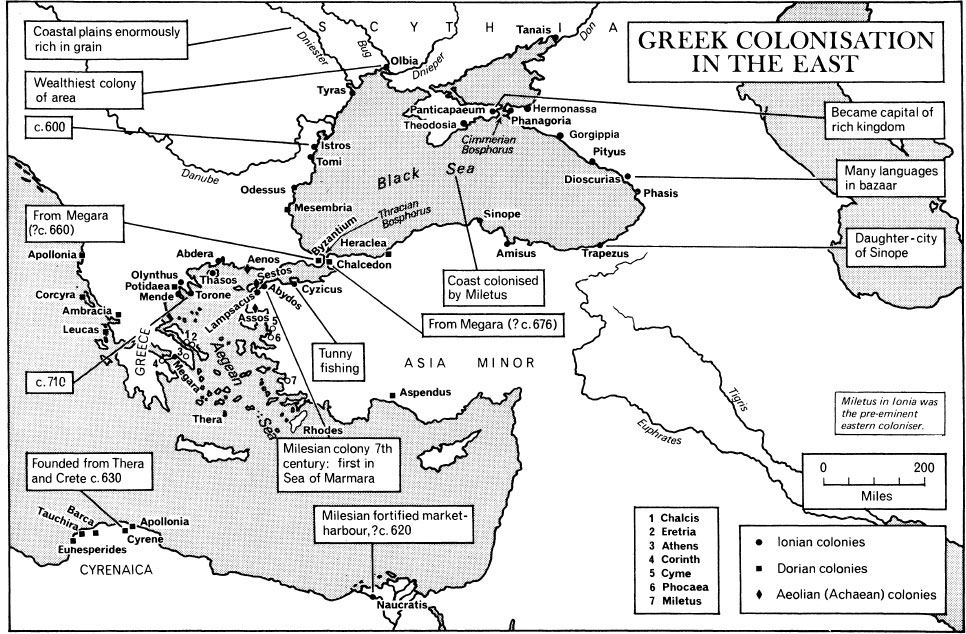
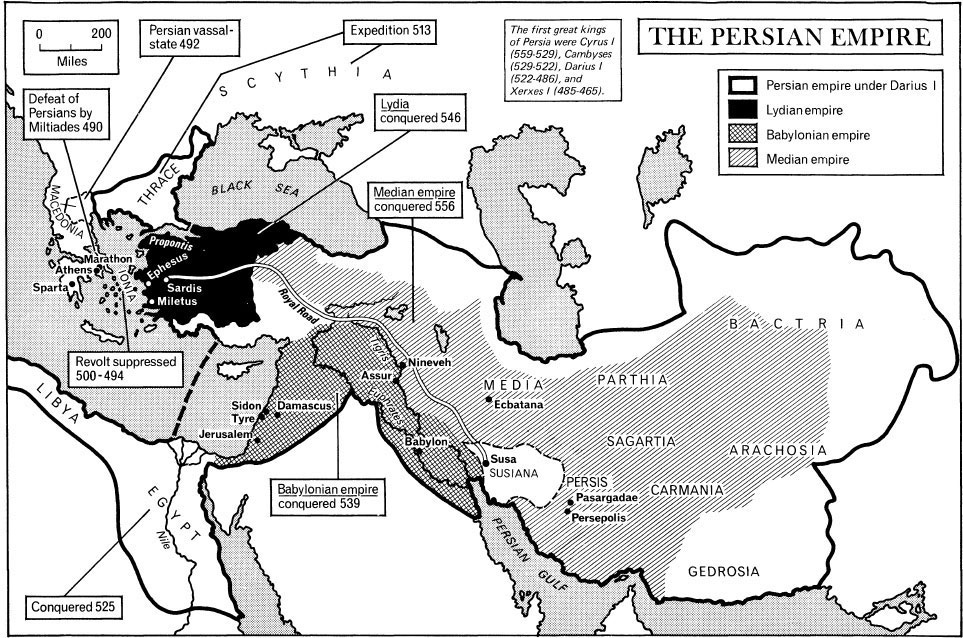
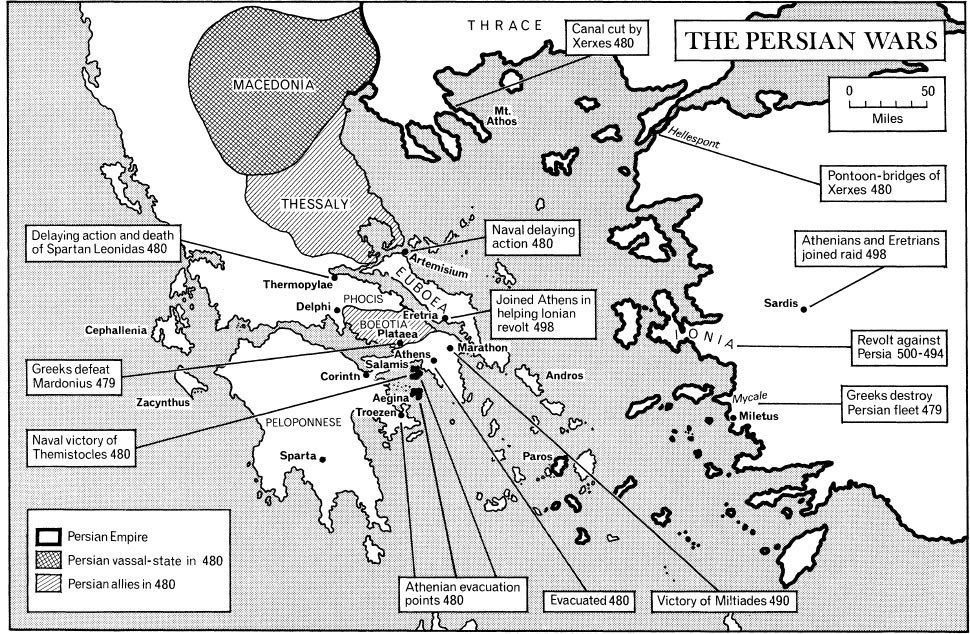
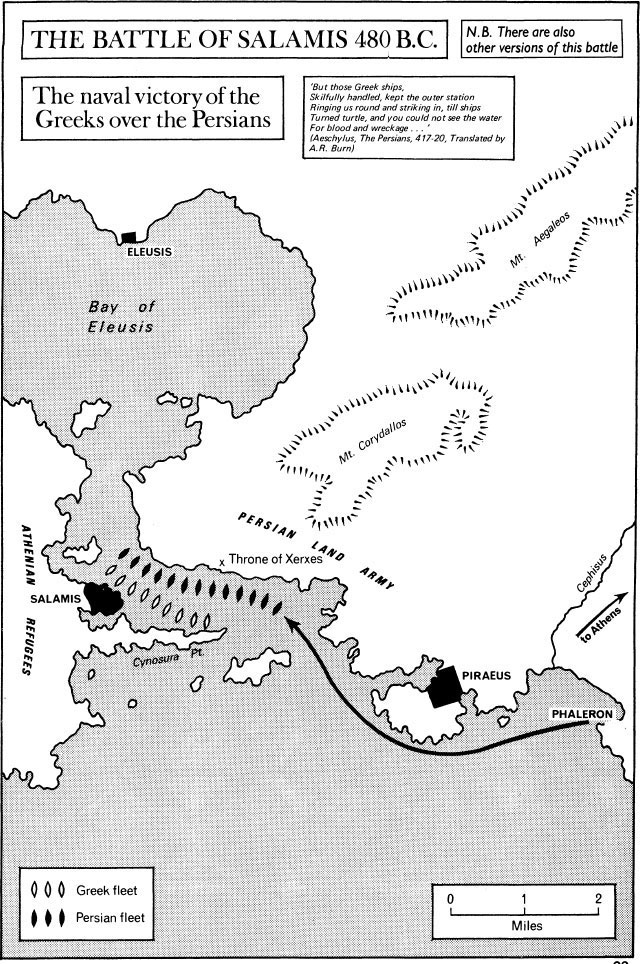
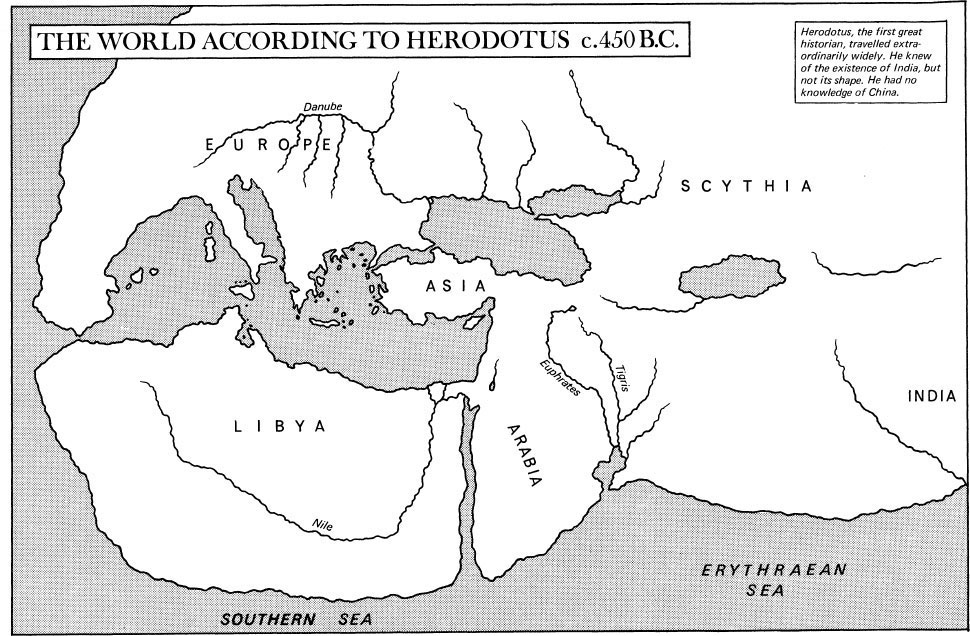
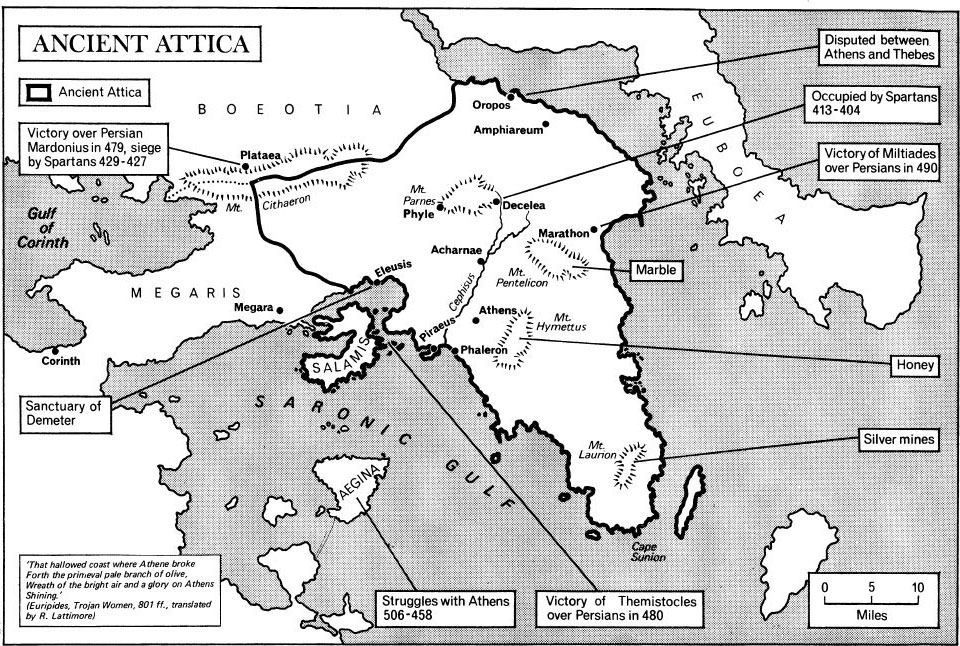
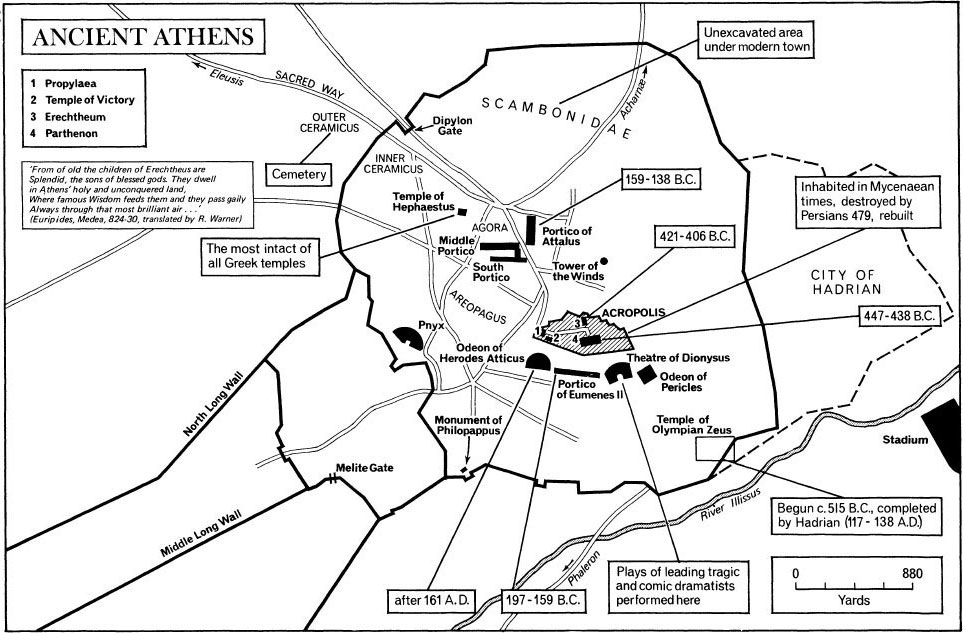
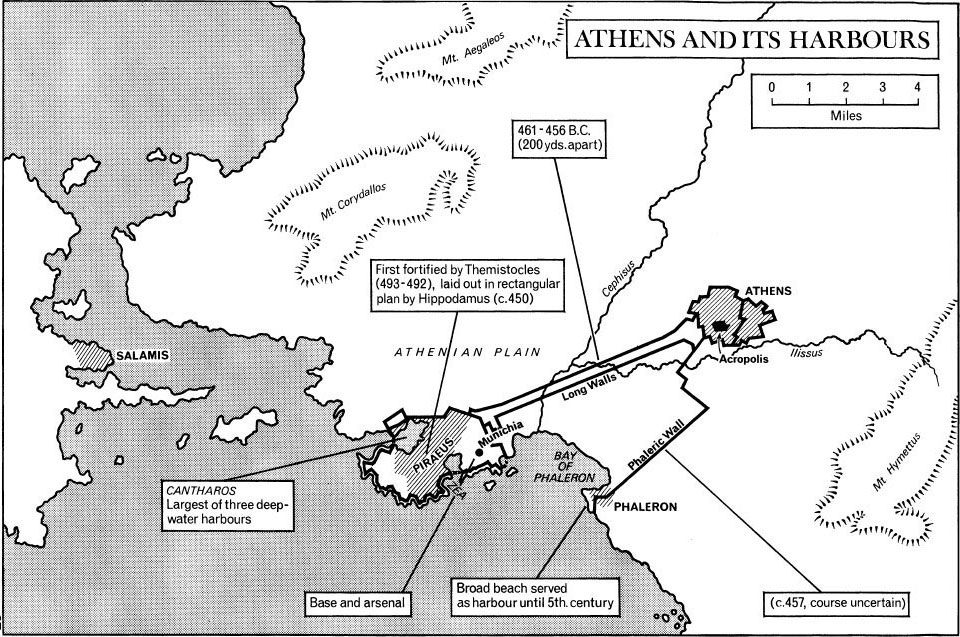
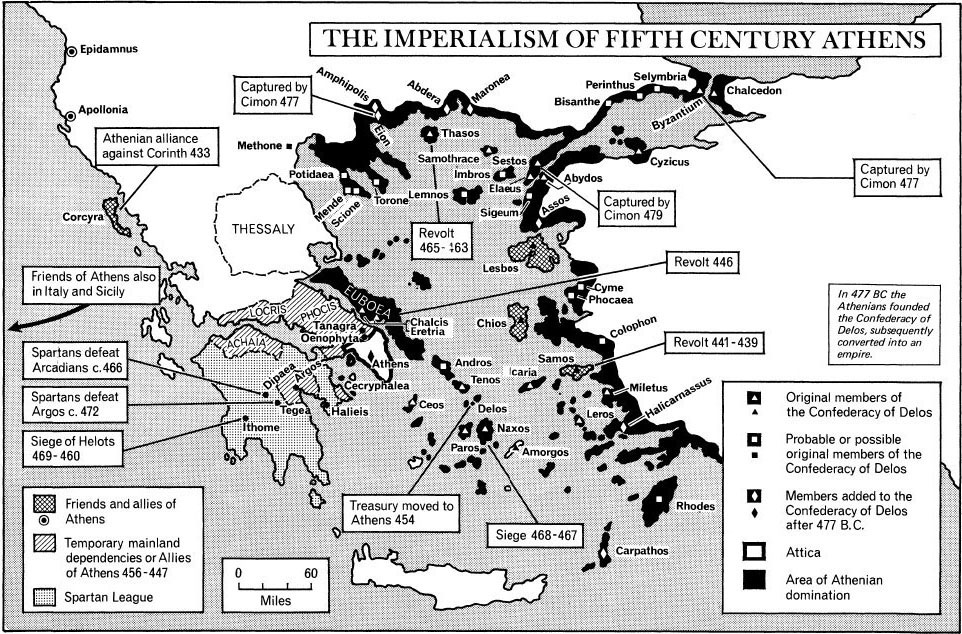
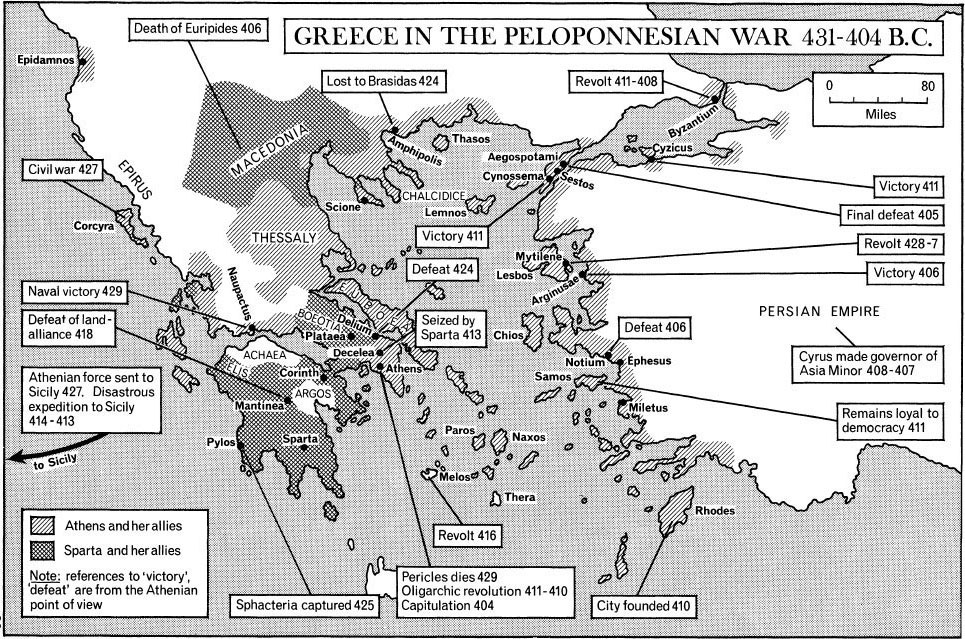
Next page
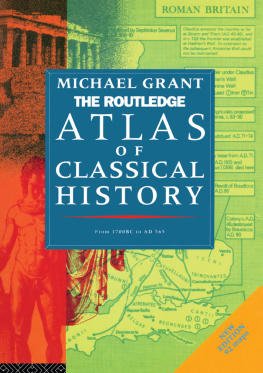
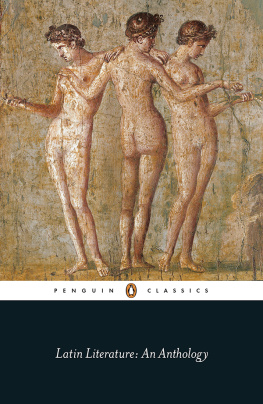

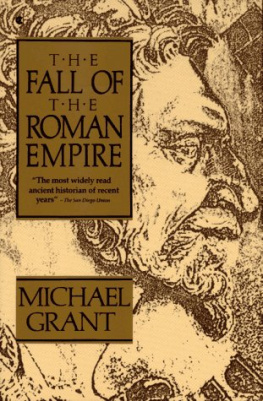

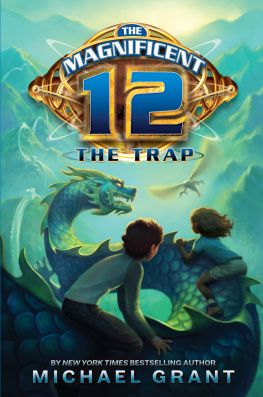
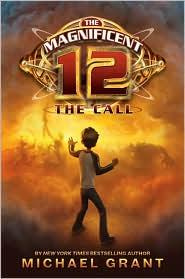
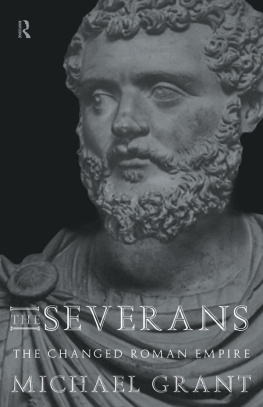
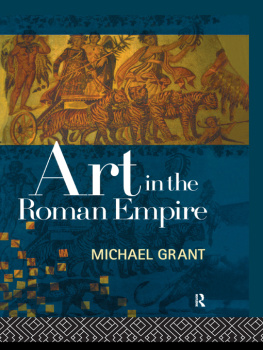
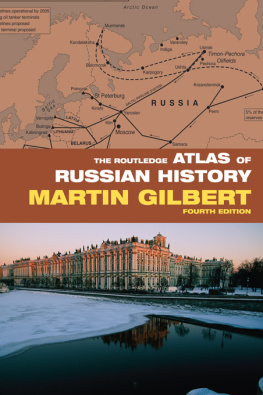
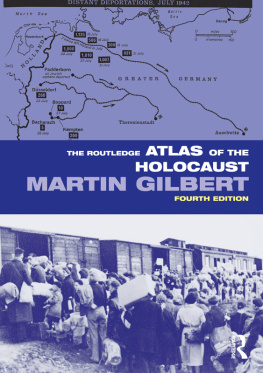
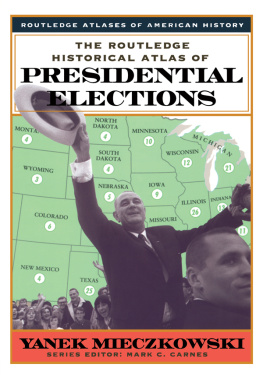
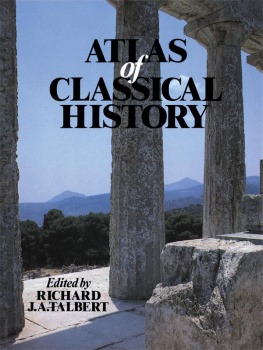

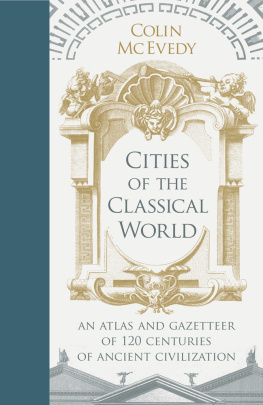

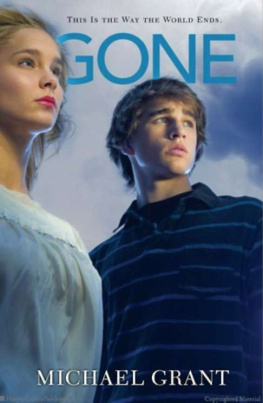
 THE ROUTLEDGE ATLAS OF CLASSICAL HISTORY OTHER ATLASES IN THIS SERIES Atlas of American History Atlas of the Arab-Israeli Conflict Atlas of British History Atlas of the First World War Atlas of the Holocaust Atlas of Jewish History Atlas of Russian History THE ROUTLEDGE ATLAS OF CLASSICAL HISTORY Fifth edition Michael Grant
THE ROUTLEDGE ATLAS OF CLASSICAL HISTORY OTHER ATLASES IN THIS SERIES Atlas of American History Atlas of the Arab-Israeli Conflict Atlas of British History Atlas of the First World War Atlas of the Holocaust Atlas of Jewish History Atlas of Russian History THE ROUTLEDGE ATLAS OF CLASSICAL HISTORY Fifth edition Michael Grant  First published as The Dent Atlas of Classical History 1971 by J M Dent Fifth Edition published 1994 by Routledge 2 Park Square, Milton Park, Abingdon, Oxon OX14 4RN
First published as The Dent Atlas of Classical History 1971 by J M Dent Fifth Edition published 1994 by Routledge 2 Park Square, Milton Park, Abingdon, Oxon OX14 4RN



























